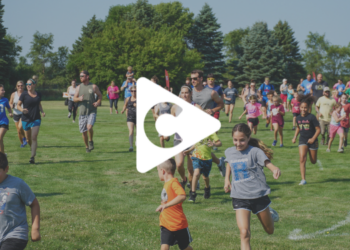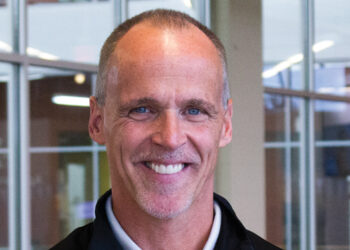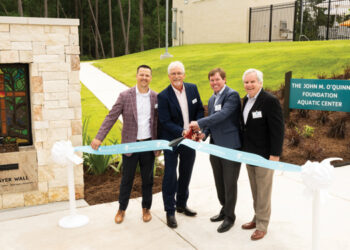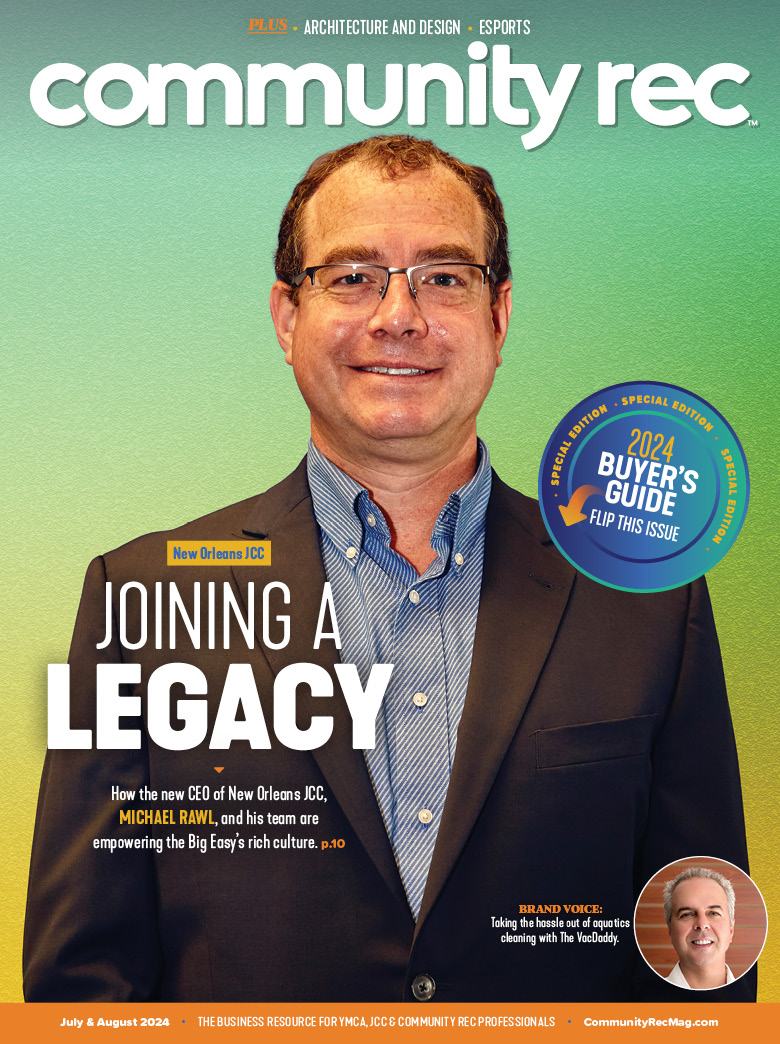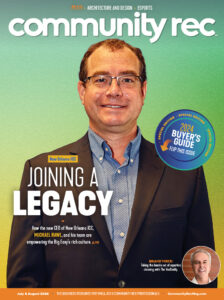Holistic programming ideas and initiatives that can improve the mental and physical health of your community.
It’s no secret the past few years of the COVID-19 pandemic have taken a toll on society — both physically and mentally.
But despite the losses and hardships, community rec centers now have the unique opportunity to reengage with the public and lead a whole-body health revival.
Wellness Reboot
This is exactly what the JCC of Greater Boston did with the creation of its six-week Wellness Reboot. The free, comprehensive program for JCC members focused on their physical, mental and emotional needs in 2022 and beyond with the help of health and fitness experts, and community support.
Audrey Edwards, the health, fitness and wellness director at the Boston JCC, said they created the reboot after witnessing the impact COVID-19 had on their community.
“Folks became inactive and felt isolated during this time resulting in depression, anxiety and other health issues,” said Edwards. “As a community center and wellness agency, we decided to launch the Wellness Reboot to help our members reestablish their fitness routines, learn nutrition fundamentals, cultivate a sense of mindfulness that could be applied in every aspect of their lives, and feel connected to and supported by our staff and community.”
The reboot was established for adults without an age requirement, and participants were allowed to complete their exercises either at the JCC’s George Schultz Fitness Center or from the comfort of their homes.
Program features included:
- Individualized goal setting with a certified personal trainer.
- Customized workout program.
- Nutrition tips and meal planning with a registered dietician.
- Meditation and mindfulness instruction.
- Weekly check-ins with a personal trainer plus a wellness discussion group.
Edwards explained the six-week duration was chosen because it felt like an appropriate length of time to include key components and meet program expectations, all while keeping participants engaged and committed.
“The Wellness Reboot empowered participants to start exercising again and take charge of their wellness regimen,” said Edwards. “This was achieved through the support from our professional staff and fellow reboot peers. Enabling folks to be in control along with internal/external positive reinforcement helped to boost mood. It gave members a sense of hope and accomplishment.”
By establishing open lines of communication between members, Edwards said participants were able to provide feedback on the initiative.
The aspect participants said was most valuable was meeting one-on-one with a personal trainer and receiving a full, customized workout program. Also, Edwards noted the nutrition and meditation/mindfulness sessions meeting live on Zoom were very well received.
“When we run our next reboot, we plan to focus even more on the personal training component and explore adding some in-person nutrition and meditation workshops during the day,” said Edwards. “We will also assess participant interests and strive to link participants to our regularly scheduled classes/programs like Yoga for Healing and Well-being, Basic Tai Chi, and Relax and Renew.”
Outside of the Wellness Reboot, the JCC of Greater Boston also offers a variety of programs geared toward improving the mental health of the community. Programs range from mind-body classes, expert-led workshops, community meetups, outdoor concerts and more.
Mental Health Department
This movement of bettering mental health can also be found at the Kettle Moraine YMCA where Madelyn Rohde, the mental health educator, said they recently began their first-ever initiative to combat mental illness.
“Our mental health department is a little over a year old. It started in April of 2021,” said Rohde. “Our whole idea was that as a Y we focus a lot on physical health. So, we wanted to focus on mental health now as well. It goes hand-in-hand. We are one of the first Y’s in the nation to have a full mental health program.”
While the Kettle Moraine YMCA does not have on-site therapy or counseling available, the program was created to connect individuals with needed resources in the community.
Rohde said this is accomplished by letting visitors fill out a “Y Prescription” sheet. This form asks what exactly is wrong with one’s mental state or physical health through a series of questions.
After the sheet has been filled out, Rohde and other mental health team members then assist those patrons by providing information to where further help is located.
“Most of what we do is mental health advocacy,” said Rohde. “As we are moving into the second year of our program, we are focusing on community outreach and developing our community partners. We want to be very sensitive to a person’s experiences and help defeat the stigma around mental health.”
As part of their outreach, she said her team goes into different local organizations to focus on educating staff about mental health from a trauma-informed viewpoint.
But the scope of this initiative doesn’t just end at adults. Rohde said there is an added focus specifically on youth mental health by serving kids ranging in age from six weeks to 12 years old.
For example, the program SHE — which stands for strong, healthy, empowered — works to support the mental, emotional, social and physical health for female-identifying middle school girls through education, skill-building and discussion.
“We go into schools about two or three times a month, and we talk with girls about a range of mental health topics,” said Rohde. “There are a few hundred girls we speak with, but we do so in small groups so they feel comfortable to open up.”
Rohde advised for other community rec leaders considering starting their own mental health program to first assess the needs of the community. After this, ask your staff what you can do to support them.
“Work closely with local health departments, the National Alliance on Mental Illness chapters, school districts and smaller nonprofits,” added Rohde. “Mental illness is on the rise, and we want to connect people to resources they need. There is never too many mental health resources. The more ways you can help people the better.”
Photo courtesy of the Kettle Moraine YMCA.



